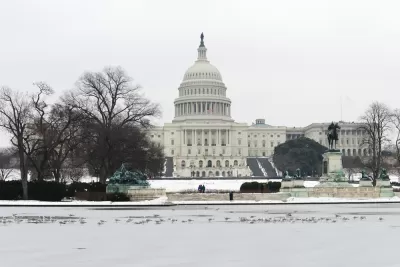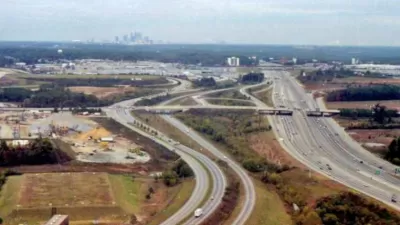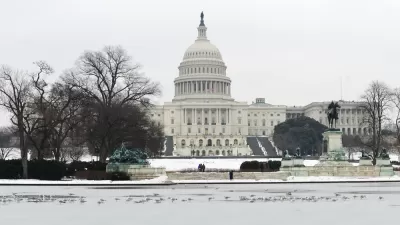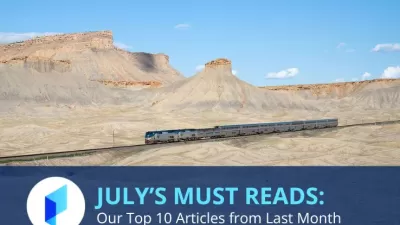Much talked about Trump infrastructure bill has yet to be written, but the president's failure to pass a health care bill in the House has drawn Congress watchers' attention to the Freedom Caucus and the impact they may have an infrastructure bill.

During his campaign, one of the few Donald Trump policy proposals to get a white paper from his team was his trillion dollar infrastructure plan. The bill was touted by some as evidence that that President Trump would govern from the middle. Senate Minority Leader, Chuck Schumer, even wrote his own version of an infrastructure bill with money for broadband internet, rail and bus transit along with repairs for roads and bridges. But, after the recent clash with the hard-line conservative, Freedom Caucus, some speculate that group will have more influence over the legislation than the Democrats will. "The conservative caucus is sure to play a role in the legislative fight over rebuilding the nation’s roads, bridges and highways, something Trump promised to deliver during his campaign," Melanie Zanona writes for The Hill.
Zanona suggests, "Trump’s transportation plan was always going to be a tough sell with fiscal conservatives." Now that the President has tweeted critical statements about the Caucus, some feel it will be that much harder to get the group’s support for his future legislation. "The White House is still in the early stages of crafting a proposal, but Trump has signaled that it will streamline regulatory hurdles and target transportation projects where enough advanced planning has already been completed so work can start shortly," Melanie Zanona reports. The White House is going to deliver a very different bill depending on what kind of coalition it wants to build, if the bill had some Democratic support, it could pass without any votes from the Freedom.
FULL STORY: Freedom Caucus poised for pivotal role in infrastructure fight

Study: Maui’s Plan to Convert Vacation Rentals to Long-Term Housing Could Cause Nearly $1 Billion Economic Loss
The plan would reduce visitor accommodation by 25,% resulting in 1,900 jobs lost.

North Texas Transit Leaders Tout Benefits of TOD for Growing Region
At a summit focused on transit-oriented development, policymakers discussed how North Texas’ expanded light rail system can serve as a tool for economic growth.

Why Should We Subsidize Public Transportation?
Many public transit agencies face financial stress due to rising costs, declining fare revenue, and declining subsidies. Transit advocates must provide a strong business case for increasing public transit funding.

How to Make US Trains Faster
Changes to boarding platforms and a switch to electric trains could improve U.S. passenger rail service without the added cost of high-speed rail.

Columbia’s Revitalized ‘Loop’ Is a Hub for Local Entrepreneurs
A focus on small businesses is helping a commercial corridor in Columbia, Missouri thrive.

Invasive Insect Threatens Minnesota’s Ash Forests
The Emerald Ash Borer is a rapidly spreading invasive pest threatening Minnesota’s ash trees, and homeowners are encouraged to plant diverse replacement species, avoid moving ash firewood, and monitor for signs of infestation.
Urban Design for Planners 1: Software Tools
This six-course series explores essential urban design concepts using open source software and equips planners with the tools they need to participate fully in the urban design process.
Planning for Universal Design
Learn the tools for implementing Universal Design in planning regulations.
City of Santa Clarita
Ascent Environmental
Institute for Housing and Urban Development Studies (IHS)
City of Grandview
Harvard GSD Executive Education
Toledo-Lucas County Plan Commissions
Salt Lake City
NYU Wagner Graduate School of Public Service





























